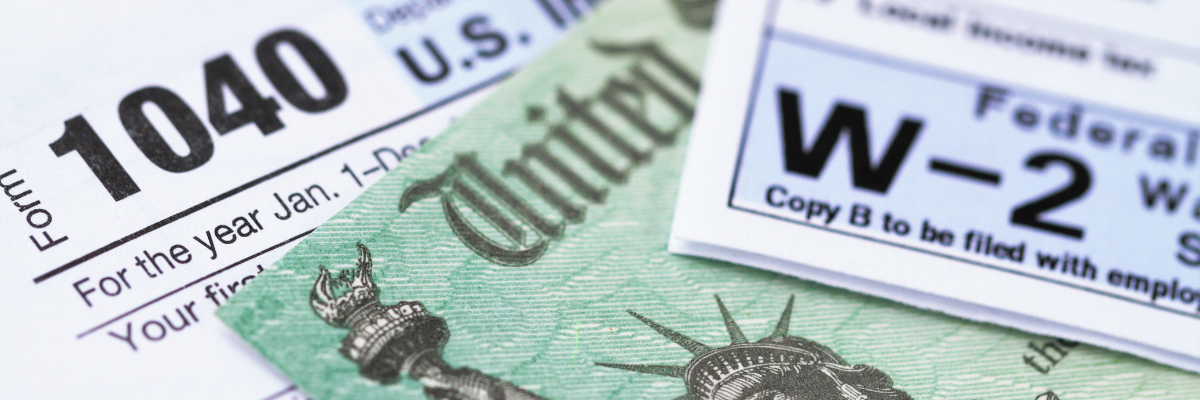
In simple terms a bond is a guarantee. They can guarantee compliance with laws or contracts, the performance of an act or can guarantee payments. They can be used to ensure compliance with governmental licensing and permit requirements or may be used to guarantee payment of taxes or other financial obligations. Surety bonds do not protect the buyer of the bond. They protect, indemnify, or provide financial guarantee to third parties such as customers, suppliers, or state taxpayers.
There are three parties to a bond, the principle, the surety and the obligee. The principle is the party that is required to purchase the bond and takes on the obligation to perform the act as promised. The surety is the company that becomes contractually liable for losses sustained due to the failure of the principle to perform the promised act. The obligee is the party requiring the bond and would receive the benefit of the bond. Usually, a local state or federal government organization.
There are all kinds of situations that require bonding. Many people think of construction, but can also be needed by lawyers, auto dealers, insurance adjusters, credit repair services, private investigators, mortgage brokers and financial institutions. Some of the most common bonds are contract bonds, license and permit bonds and fidelity or ERISA bonds. A contract bond provides guarantee that a contractor will complete a construction project in accordance with specifications laid out in a contract and make all payments to sub-contractors and suppliers. Wouldn’t that have been handy when the bird cage structure stood unfinished ruining our view of Canandaigua Lake for three years? License and permit bonds usually have a statutory amount required by a municipality and their amount varies based on the value of the project, for example a Right of Way permit may require a bond to guarantee the work is done timely and within budget.
A fidelity bond, unlike the previous bonds mentioned, is a product of insurance. It protects against dishonesty such as theft or fraudulent actions such as forgery. There are both first and third- party bonds in this product. First party bonds would protect a business from wrongful acts of their employees while a third -party bond protects companies from these acts by individuals employed on a contract basis. Another common insurance bond is the ERISA Bond which protects companies against the actions of an employee who breaches a fiduciary responsibility for the company’s retirement fund. Both items are available on most standard business insurance policies but can also be purchased as a standalone crime policy.
Because a bond is a financial instrument the underwriting of bonds does require personal information similar to taking out a loan at a bank. Personal identifiable information will be asked along with personal financial information. An applicant may be required to provide collateral or co-signers. Superior credit or great collateral will bring the cost of the bond down while the inverse will increase the cost or could be denied altogether.
Simco HR has a full suite of insurance products and bonding capability for your business. Come and talk to us about your insurance portfolio today to see where we can help you get back to your business!
Sign up for our newsletter.




